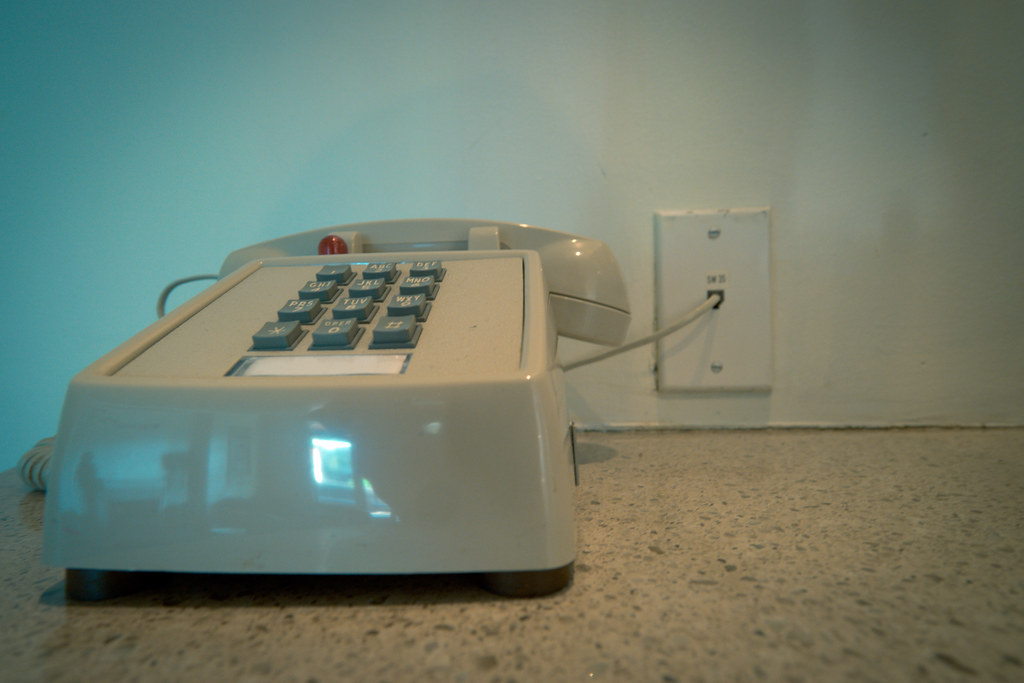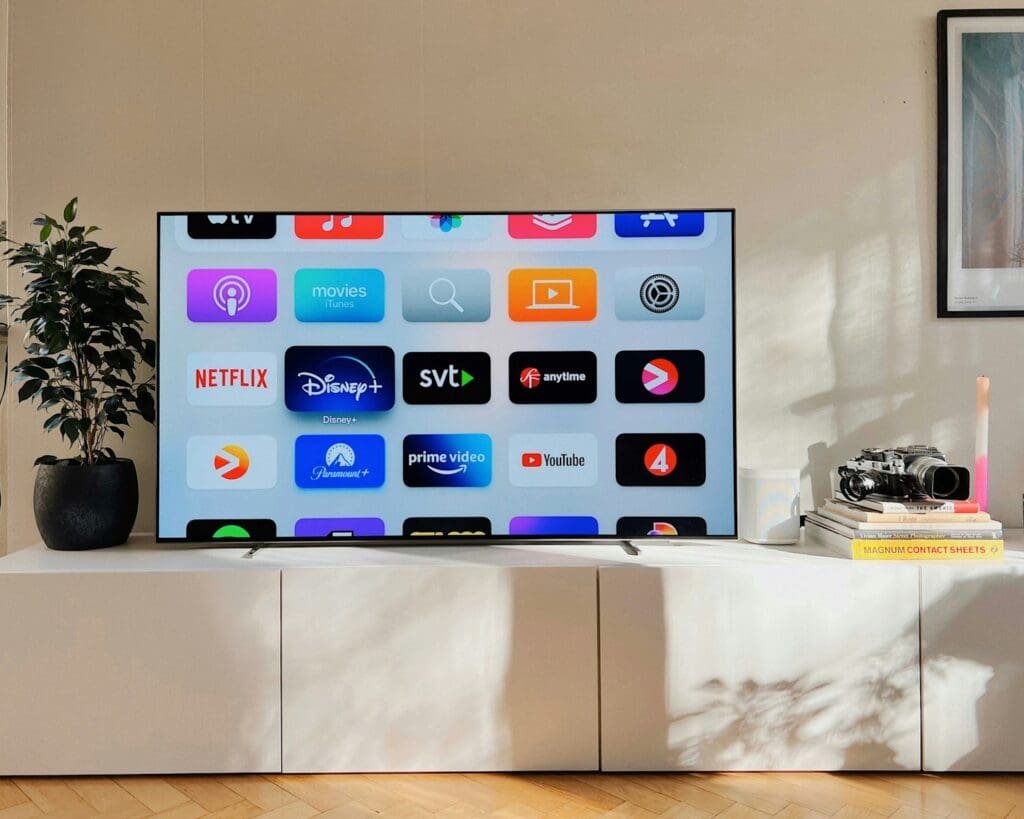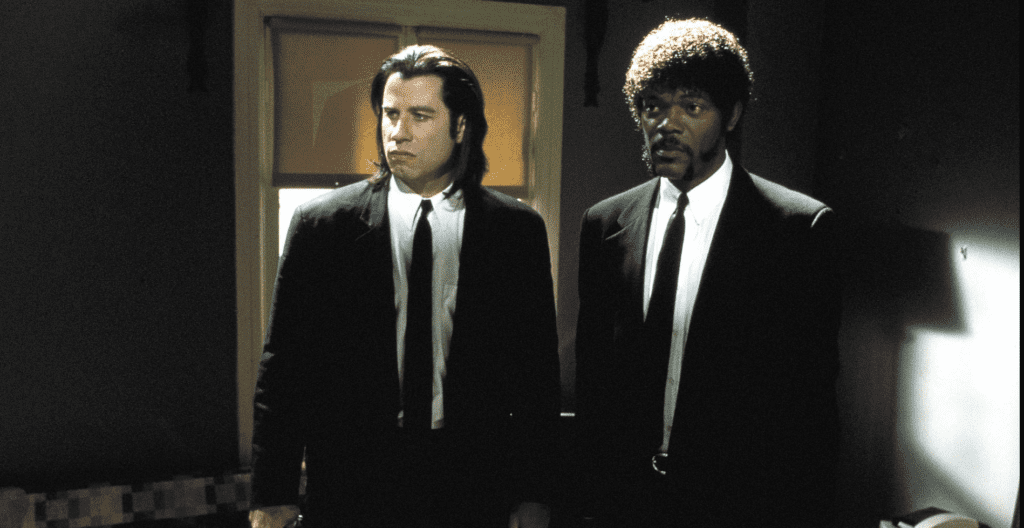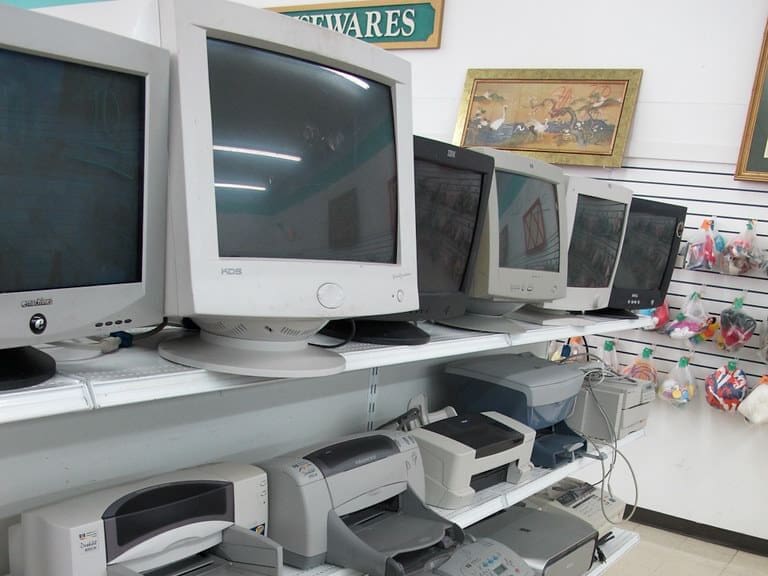The generation born from 1965 to 1980 is called Generation X. Nestled between the massive Boomer generation and the equally-huge Millennial cohort, Gen X is often forgotten or overlooked. That even goes for people who are part of Gen X in some cases! Here are thirty things you probably don’t know about the “MTV Generation.”
Income

Many Gen Xers are much poorer than their parents were by this point. The youngest Gen Xers are around their mid-40s now, while the oldest are pushing 60. Comparatively, many Boomers and Silent Generationers were far wealthier by this stage of their lives.
Two Huge Shakeups

Two major events hurt Gen X’s financial fortunes: the 9/11 terror attacks and the 2008 Great Recession. Both of these huge events upended the generation right as many of them were only just getting into the work force or getting ready to buy their first homes.
Ignored by Marketers

Many marketers just assume that anyone close to the younger end of Gen X is a Millennial and anyone on the upper end is a Boomer. In fact, only a small number of people born between 1965 and 1980 even identify as “Gen X,” as the term was coined for them in 1991.
Housing Market Crash

The housing market crash in 2008 was brutal for the generation that just bought starter homes in the early 2000s. A lot of people who are in their 40s and 50s now are still struggling to shake off the debts they incurred when the houses they bought during a bubble burst out from under them.
Gen X Women Earn More

Interestingly, Gen X is one of the first generations to see women broadly earning more than men in some fields. Recent surveys show only around 14% of Boomer men make less money than their wives, compared to nearly 20% of Gen X men.
Behind on Saving

Surveys of Gen X show that they’re largely way behind on retirement on average—something they share in common with Millennials. They could end up being the first generation to show downward mobility in retirement, a potentially troubling sign for the country’s economy.
Boomers Aren’t Moving

Frustratingly for Gen X (and the generations younger than them) Boomers have stuck around in high-paying jobs for far longer than many analysts expected. Even after many higher-paid Boomers retired, Gen Xers were passed over for promotions in favor of Millennials or even Gen Z hires who are more “current.”
The Digital Natives

The swiftness with which Millennials and Zoomers took to the internet and new technology is frustrating for Gen Xers looking to move ahead in their careers. Since employers view younger people as more tech-savvy, it makes them more likely to excel in tech-driven fields.
What American Dream?

In a turn that sounds familiar to Millennials, Gen Xers say they’ve given up on the “American Dream.” The idea that you can do better than your parents’ generation and own your own home is largely behind us as a country, according to most people under 50.
Read More: 20 Phrases You Didn’t Know Were Offensive Now
Zoomer Kids

Most of Gen X’s offspring fall in the Zoomer, or Gen Z, generation. They’re an interesting group, defined by growing up in an era dominated by social media and having little to no knowledge of a world without the internet.
Read More: 15 Ways Life is Different for Millennials than Baby Boomers
Political Diversity

Another interesting note about Gen X is that it’s a very politically diverse cohort. Its members have been historically very hard to predict, going for Democrats or Republicans in equal measure in different elections. Of course, this splits somewhat cleanly along age—the younger side of the generation leans a bit more to the left, and vice versa.
Read More: 10 Skills Gen X Has the Rest of the World Should Master
MTV Was Awesome

Here’s a surprising one that young people won’t get: MTV was actually really cool back in the 80s and 90s. No, really! They had music videos (which you couldn’t really see anywhere else before the internet) and genuinely entertaining programming targeted at Gen Xers.
Nirvana Changed Everything (No, Really)

A lot of Gen Z fans love Nirvana, but it’s hard for Gen X to overstate how big of a deal the band was when they exploded onto the scene in the early 90s. Music sounded like hair metal and glam rock one day, and the next day Nirvana reconfigured the way people thought about popular music. It was a literal paradigm shift.
Landline Phones

Yes, people used to have landline phones in their homes. And, yes, you had to either memorize your pals’ numbers or keep them listed in a notebook you kept by the phone. And if you called for someone and they weren’t home? You’d leave a message that they’d get later!
And Payphones

If you weren’t at home and needed to make a call, you could feed a few coins into a payphone. But you better hope you memorized the number you needed to call, because otherwise you were going to need to thumb through the phonebook chained to the payphone. And you better hope no one ripped out the page you needed!
You Made Plans to See Friends

Since most people didn’t have cell phones, you needed to be pretty deliberate about how you planned to spend your time. If you wanted to meet up with your friends or significant others, you needed to plan in advance what time and where. There was no way to get in touch with folks once they were out and about for the day, so people were both more independent and more deliberate before the advent of affordable cell phones.
Music Used to be Unique

While the internet made it easier for people to discover new music, it’s also worked to somewhat homogenize peoples’ taste. Back in the 80s and 90s, it was possible for local music scenes to develop somewhat independently of the broader culture, leading to so many subgenres that peoples’ music tastes reflected their life stories.
Walking Home Alone Wasn’t Weird

Walking home from school or a social function by yourself used to not be considered that weird. This is probably something that it’s better we got away from as a culture, because Gen X was just walking home from school in an era before cell phones were commonplace. It’s not that crime didn’t exist or anything, people just weren’t as skittish about it back then.
You Actually Owned Things

These days, you listen to streaming music, watch streaming videos, and rent your living space. Back in the 80s and 90s, you owned records, VHS tapes, and usually a house. While convenience is great and all, Gen X profoundly sees how everything has been consolidated by the largest companies.
Video Games Were Good

Speaking of things changing, video games were way simpler in Gen X’s day, and yet they’ve stood the test of time. Titles like Super Mario 64, The Legend of Zelda: A Link to the Past, and Chrono Trigger still stand as some of the finest games around. These days, kids are still whiling away the hours on Fortnite and Minecraft. Exciting stuff, guys.
Part-Time Jobs Let You Afford Stuff

At one point in time, you could buy all those records, VHS tapes, and video games by just having a part-time job at Pizza Hut. You’d hang out and work for a few hours, then hit the mall with your buddies and pick up the stuff you wanted. It was a system that worked! That is, until companies decided to start underpaying people and overcharging for consumer goods.
Things Weren’t Magically Easier Back Then

Still, don’t let that confuse you. Things weren’t just magically easier for Gen X than they are for Gen Z. Gen X had its share of issues, including uncertainty around the future and the twin crises of the September 11 attack and the 2008 recession. While things were more affordable in the 90s, the 00s saw to the end of that.
Concerts Were Awesome

That’s not to say that modern-day concerts aren’t great, but there was a special energy to live music in the era before the internet and the smartphone. People were engaged, tapped in, and ready to get wowed. These days, it’s common to look out over a sea of concertgoers and see glazed-over eyes staring at cell phone screens.
Digging for Records

Physical media may have been cumbersome, but there was beauty in the ritual of finding a new record deep in the record shop. You could always find some old 70s funk album you’d never heard of, a classic 80s metal album you’d been looking for forever, or just an overlooked recent 90s record you were excited to hear for the first time.
The Radio Was Good

Before a handful of companies bought up every radio station in the world, the radio was actually good! DJs had their own preferences and would play tunes they liked, leading to people regionally discovering new sounds and artists. This kind of goes with the earlier point about regional subgenres popping up in the pre-Internet era.
The Movies Were Good, Actually

And, contrary to what some Gen Z commenters say on the internet these days, there were some downright excellent movies in the 80s and 90s, too. Some of the best movies ever made, like Back to the Future and Pulp Fiction, are peak Gen X touchstones that endure to this day.
Watching the Internet Become Popular

Speaking of that pre-Internet era, Gen X has had perhaps the strangest ride with the invention. Seeing the World Wide Web develop from a curiosity to the backbone of human popular culture has been truly surreal, and it’s sometimes mind-boggling to think about how different the world is now.
Analog to Digital

This transition can leave some people feeling a bit adrift, as the world they grew up in literally doesn’t exist anymore. It’s impossible to go back, and trying to interface with older analog technology, while fun, is an exercise in showing oneself the relentless march of time.
Being Ignored

The thing that Gen X feels the most profoundly, though, is that sense of being ignored. They’re a generation that slipped through the cracks, lived through an unfathomable shift in human culture, and saw the optimism of the 90s boil away to the anxieties of the 00s. The one constant: Gen X was ignored the entire time.
People Lived Through That Stuff

When Gen Z fans read about 80s and 90s bands, when they hear about how things were before the internet, they might picture an unknowable world. But that world belonged to their parents. It was real, and Gen X lived through it. What a long, strange trip it’s been.








